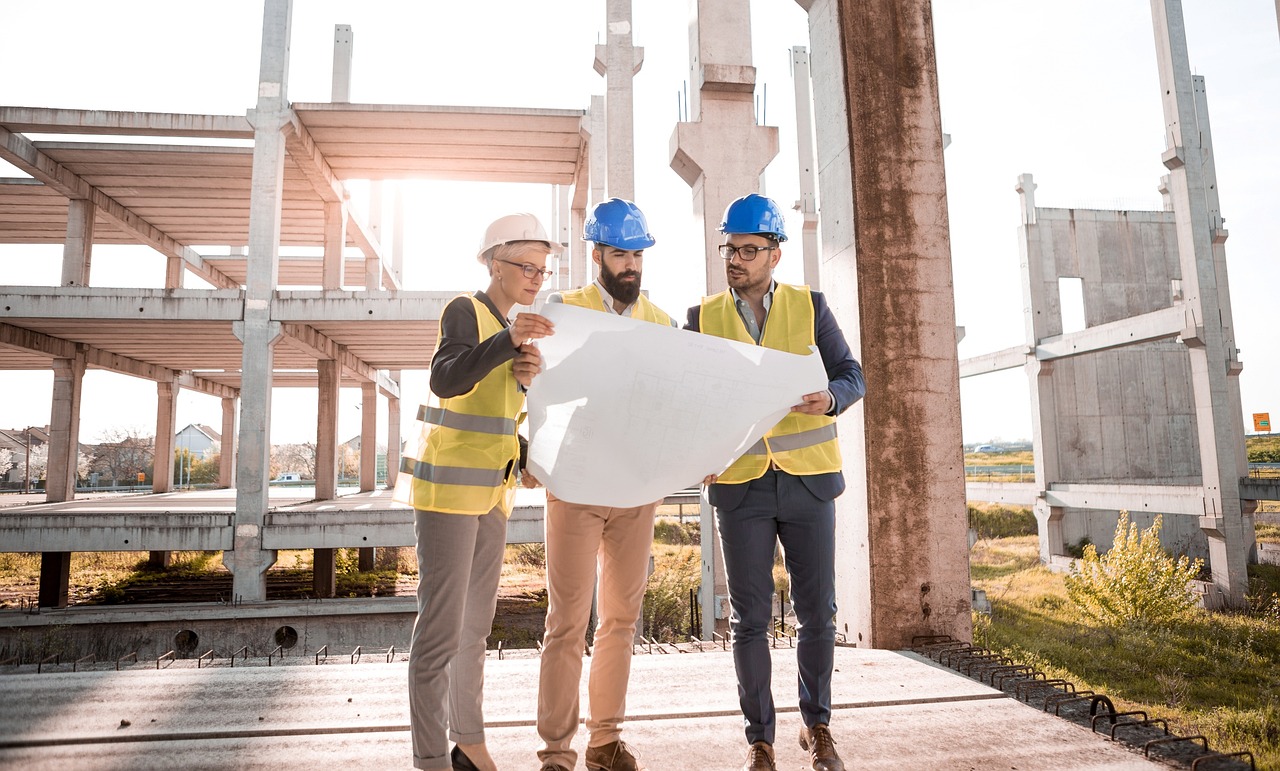08
Oct 2024
Parkdale: Former Private Hospital to Be Converted into 45 Luxury Apartments
Published in News on October 08, 2024

A former private hospital located in the heart of Parkdale is set to be redeveloped into 45 luxury apartments.
The site, situated at 152 Como Parade, was previously home to the 67-bed Como Private Hospital, which featured a day surgery unit, rehabilitation ward, and two operating theatres, covering an area of 4,771 square meters.
In 2023, the property was purchased by builder and developer Lowe Living, who has enlisted Jackson Clements Burrows Architects to design the new residences, which are projected to be valued at a total of $66 million.
This redevelopment coincides with the Kingston Council's announcement that the number of dwellings needs to increase by 70% by 2051 to meet growing demand. However, in the last financial year, only 787 new homes were approved, despite the suburb housing approximately 102,000 residents.
Construction of the one-, two-, and three-bedroom apartments will begin in 2025.
Lowe Living's managing director, Emma Lowe, stated that the firm aims to establish a new standard of luxury in boutiques and medium-density living, particularly in the bayside area.
“Melbourne’s bayside is experiencing rapid growth due to economic factors and a shortage of developable sites, pushing expansion outward,” Ms Lowe remarked. “Parkdale is a well-established location close to quality schools, existing retail, and community amenities, making it an ideal site for introducing sensitive yet high-quality new housing to support a growing local population.”
She also noted that the former hospital site was one of the last "super sites" in Parkdale, and the project aims to tackle the critical undersupply of high-quality apartments in the area.
While the closure of a single private hospital may not raise immediate concerns, Australian Medical Association Victoria President Dr Jill Tomlinson emphasized the importance of assessing the viability of private hospitals in Australia, as they play a crucial role in the healthcare system.
“Without private hospitals, the pressures on public health services would significantly increase,” Dr. Tomlinson stated.
For patients and their families navigating the healthcare system, understanding accommodation options near hospitals is vital. A comprehensive hospital accommodation guide can assist in identifying suitable places to stay during medical visits, ensuring comfort and support during challenging times.









